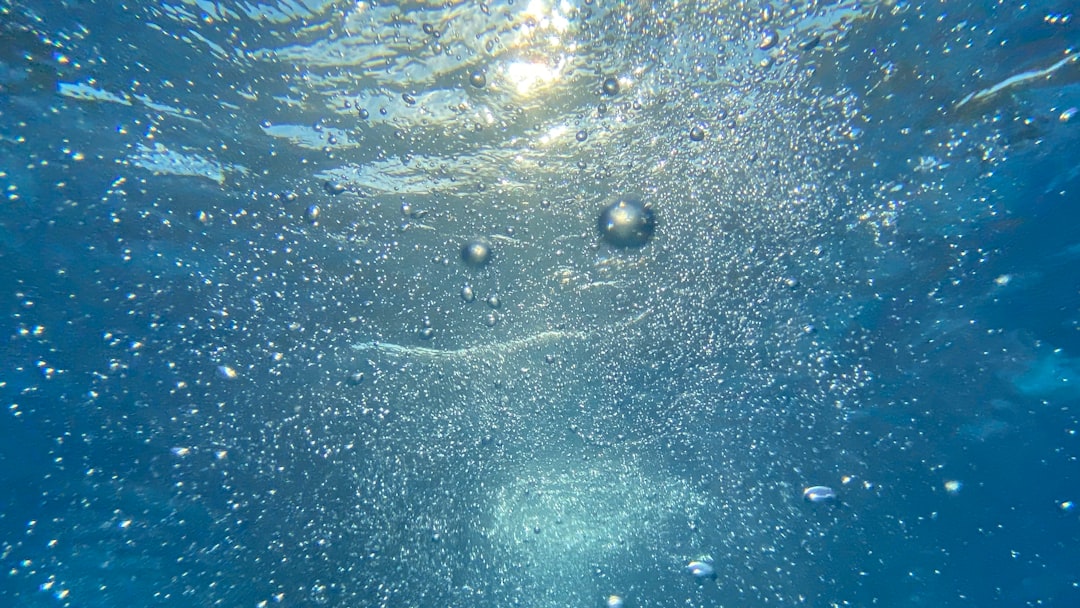What is it about?
This study evaluated the practices used by two Brazilian ecovillages to conserve water resources to assess whether this new concept of living is indeed successful in meeting sustainability goals. We selected 25 indicators of water sustainability, and using the compromise programming method, we quantified the distance between those landscapes self-referenced as sustainable and an ideal hypothetical scenario. We also interpreted the communities perceptions using the distance between the current situations and the envisioned scenario.
Featured Image
Why is it important?
In many areas of the world, groups of people have attempted to create urban landscapes that follow the principles of environmental sustainability. To this end, groups have devised alternative models, such as ecovillages, where low-impact handling is used and a way of life different from that of large population centers is adopted. Although these villages exist, their efficiency in the conservation of natural resources has not been effectively evaluated. It is very important to create more efficient ways to use water resources, and this is what this study sought.
Perspectives
The maturity of a community ends up resulting in better results, since it provides a better way to deal with problems and more time to adapt to the requirements of a community sustainable or ecovillage. We cannot deny that the initiative of such communities is a great advance for the conservation of the environment, and that they have a concern and environmental awareness much higher than the average urban population, however some urgent measures are needed. More and more there is the appearance of communities with this profile, but this study suggests that for them to achieve the success it is necessary that the delineation of its objectives occurs from the beginning of its implantation, in obtaining the property and conceiving its design. In summary, these communities need to get closer to the ideal scenario and avoid selling an image that does not match reality. It is also necessary note that the search for nature does not automatically mean a behavior that guarantees sustainability. In several situations this search ends up causing the man to leave the urban centers and take them to the rural areas, where natural resources still remain, the city's way of life, with consumption of resources and production of waste inappropriate to the ecovillage paradigm.
Flávia Brunale
Unicamp
Read the Original
This page is a summary of: Practices and perceptions on water resource sustainability in ecovillages, Water Resources Research, August 2016, American Geophysical Union (AGU),
DOI: 10.1002/2015wr018117.
You can read the full text:
Contributors
The following have contributed to this page










